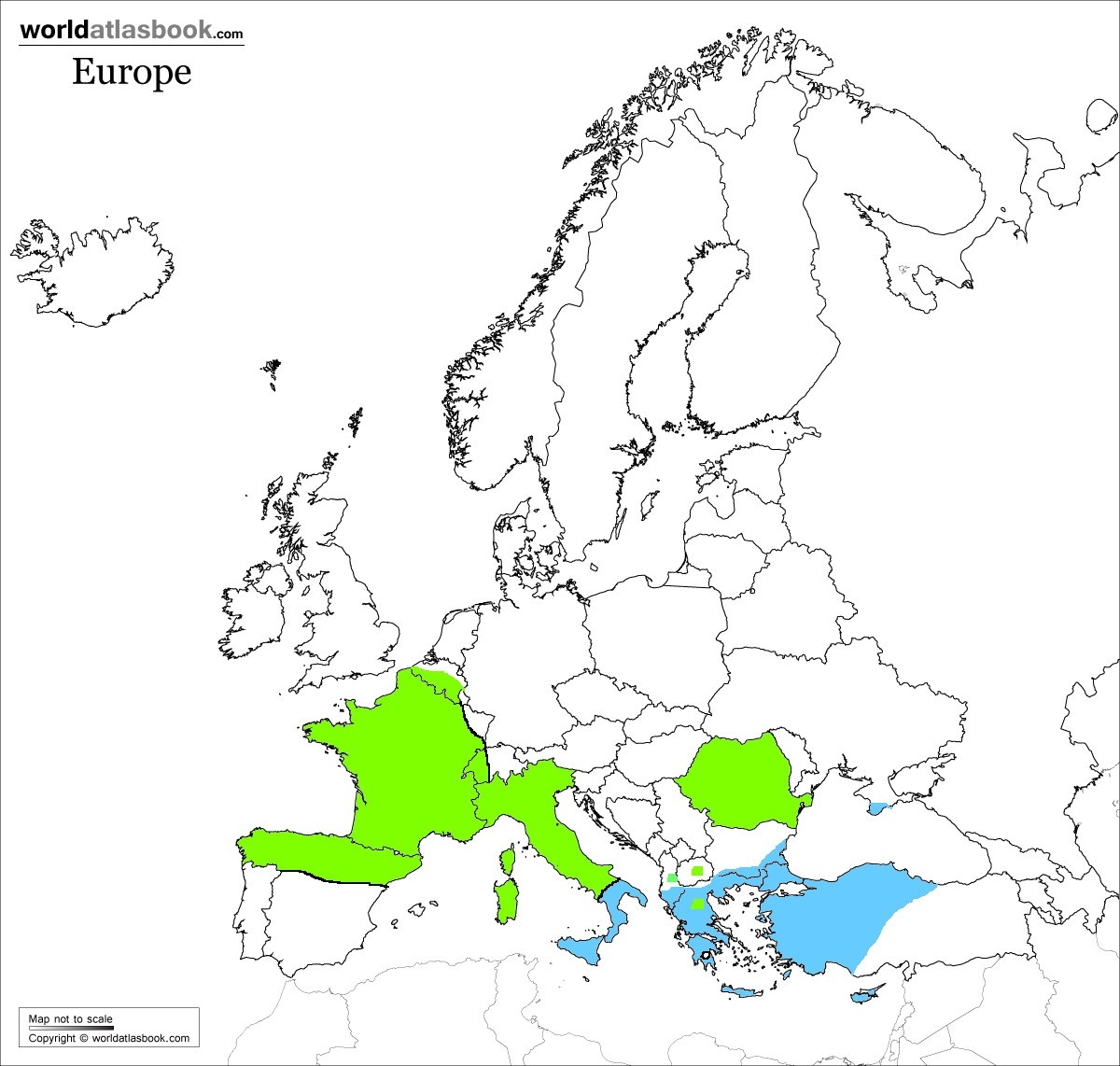This question has been sitting, lonely and neglected, in my inbox for quite a while.
I’ll answer it so it can be out of my inbox. I don’t have any special knowledge about it, but:
- Cretan hieroglyphs is a superset of Arkalochori and Phaistos; it also includes a bunch of seals.
- The latest published corpus is J.-P. Olivier, L. Godard, in collaboration with J.-C. Poursat, Corpus Hieroglyphicarum Inscriptionum Cretae (CHIC), Études Crétoises 31, De Boccard, Paris 1996, ISBN 2-86958-082-7.
- That corpus analyses Cretan hieroglyphs as:
96 syllabograms (representing sounds), ten of which double as logograms (representing words or morphemes). There are also 23 logograms representing four levels of numerals (units, tens, hundreds, thousands), numerical fractions, and two types of punctuation.
- So while nutjob amateurs think Arkalochori and Phaistos look like belonging to the same script, professional linguists also think they belong to the same list.
- Yes, there are nutjob amateurs deciphering Arkalochori, just as there are for Phaistos, and all the ones I’ve seen decipher it in Greek.
- No I’m not going to link to them.
